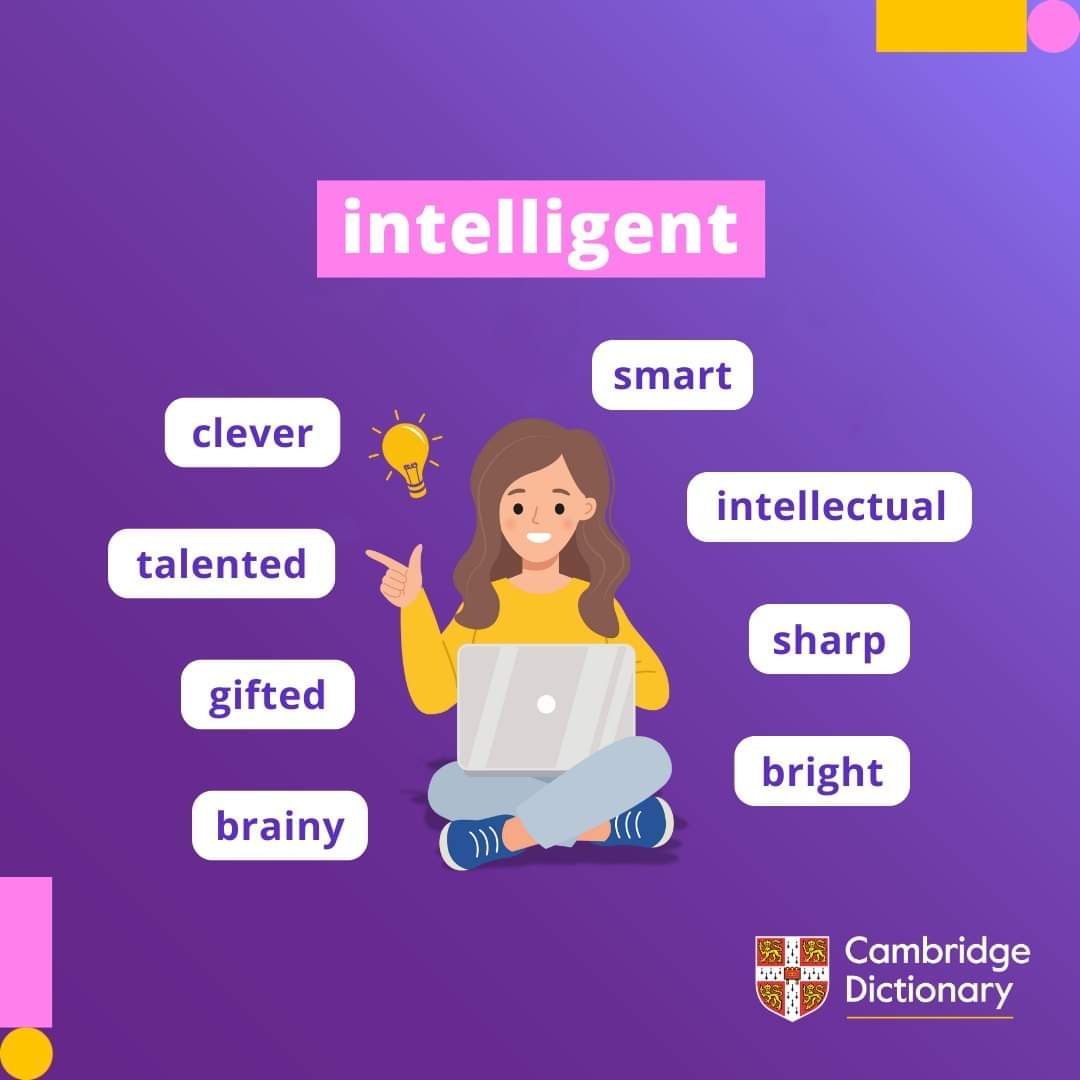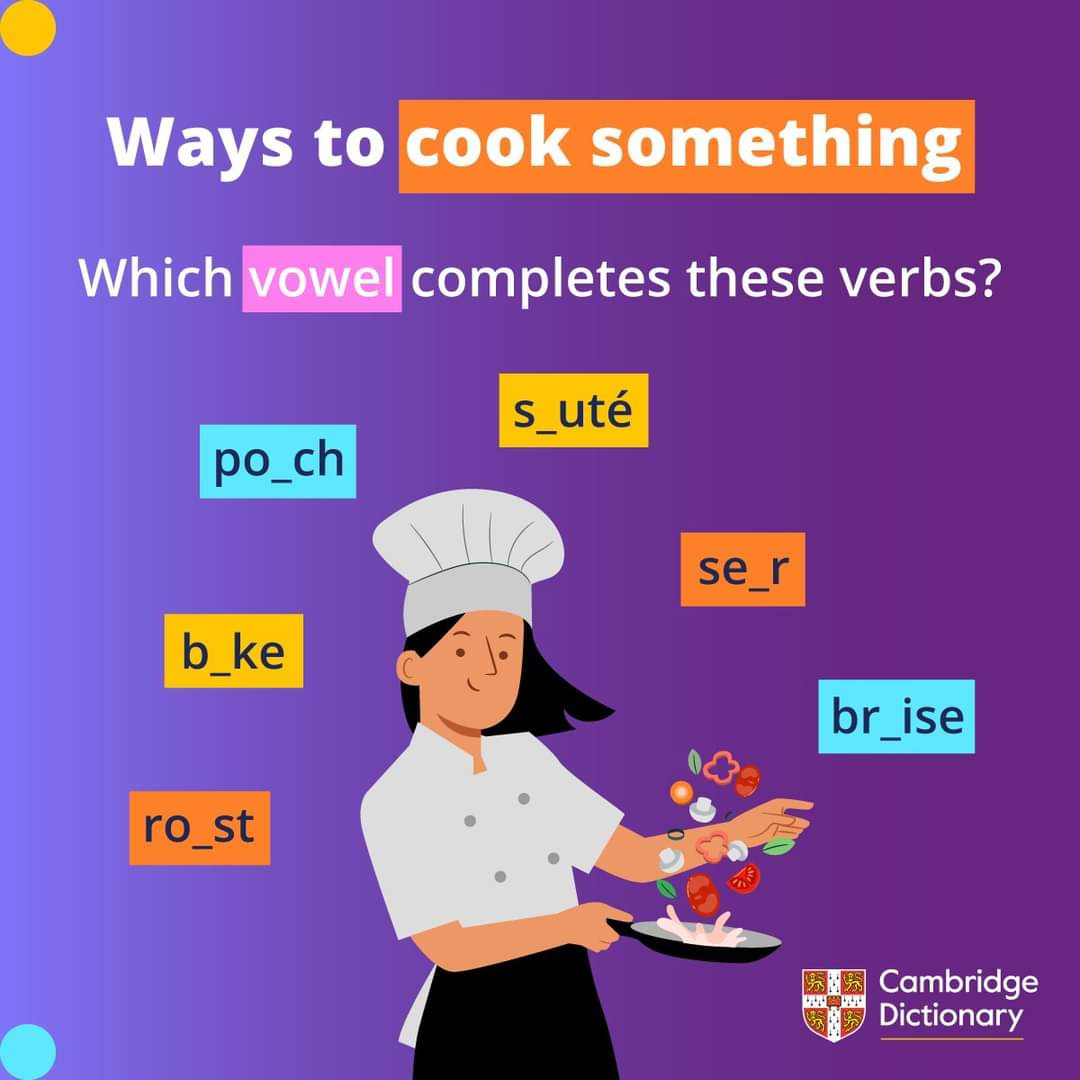Day 45
Reflecting on My Journey of Learning English Today marks the 45th and final day of my daily English blog challenge. Looking back, it has been an incredible journey filled with growth, challenges, and small victories. When I started, my main goal was to improve my English skills by writing every day. Now, I can proudly say that I’ve gained so much more than just better grammar and vocabulary. What I Learned One of the biggest lessons I’ve learned is that consistency is powerful. Writing daily pushed me out of my comfort zone and forced me to focus on improving specific areas of English, like grammar and vocabulary. I spent a lot of time understanding the basics, such as nouns, verbs, adjectives, and sentence structures. Each day, I picked a new topic—sometimes it was about common nouns, other times about tricky grammar rules. Breaking down the language like this helped me see patterns and improve my understanding over time. I also learned to be more patient with myself. Language learnin...




